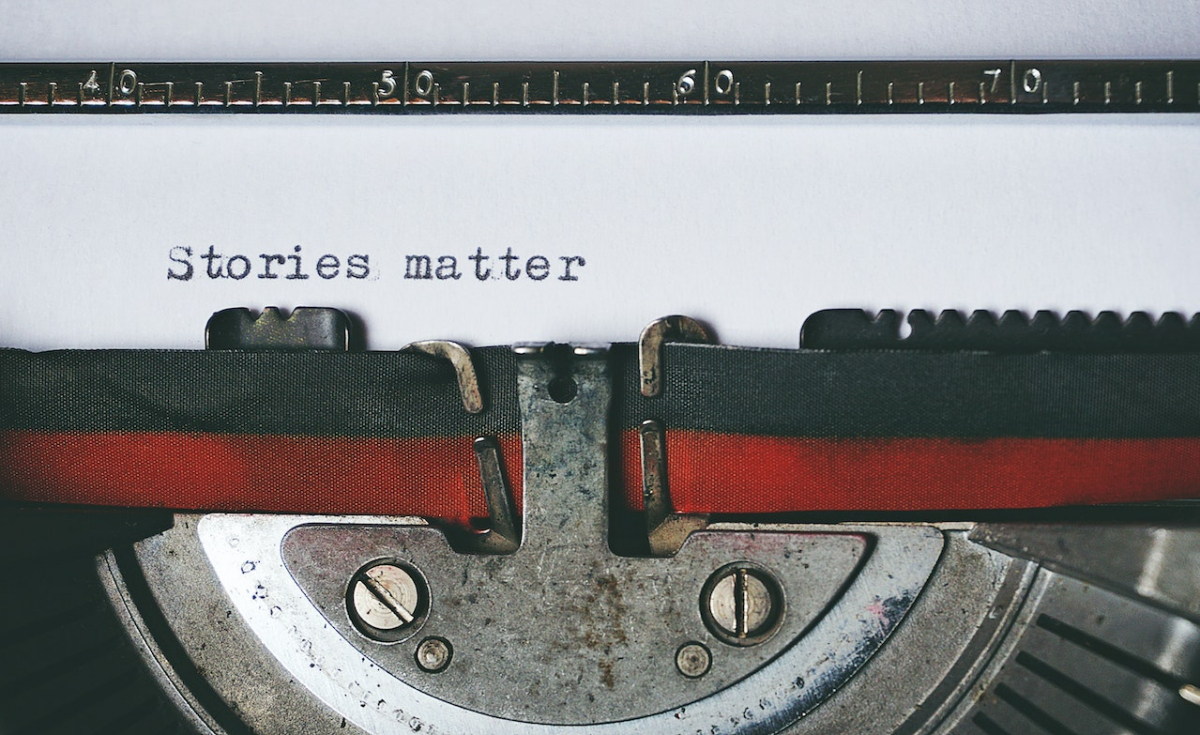The single most important question in any story is 'What happens next?' Every story has a series of events, or story beats, that make up its structure, and it's how those events are linked that creates the pacing and tension that keeps readers on the edge of their seats.
Lisa Cron, "Wired for Story
In the world of fiction, authors use key story beats as markers to guide their story, making it both entertaining and meaningful. They also incorporate conflict, which makes their story interesting and moves it along.
In real life, I believe that many of the story beats that define and make up our story are the setbacks we encounter. These setbacks can range from minor annoyances to major events like job loss, foreclosure, illness, divorce or even death. How we deal with setbacks becomes the scenes of the story of our lives.
Setbacks are an inevitable part of life, but they offer opportunities for growth and learning. How we handle these setbacks is what gives our lives meaning and new better direction.
Like in fiction, setbacks in real life create the conflict that moves our story along. They give us a chance to demonstrate our resilience, creativity, problem solving, and courage to turn our setbacks into something meaningful.
To write the story of our lives, we need to understand that setbacks are the story beats that define us. We can start to document our setbacks and our responses to them. We could even go back and list the setbacks we've faced in the past. That would be a great exercise to make peace with our past.
Documenting and learning from our setbacks is a way to process and improve how we live our one life, which is unique and individual because of the very setbacks only we face.
Our setbacks may be similar to others but taken as a whole, no one deals with our exact personal combination of challenges.
By documenting our setbacks and how we respond emotionally and the workarounds we employ, we can begin to identify patterns and learn from our experiences. We can see where we've been successful in handling setbacks and where we could improve. This information can help us to be better prepared for future setbacks and to develop new strategies for dealing with them.
At that point it dawned on me that because I had made it my practice to respond to setbacks by using the Stoic test strategy, I had transformed myself from a person who regarded setbacks merely as an unfortunate aspect of life into someone who both studied and appreciated them. I had, in other words, become a setback connoisseur, and I concluded that the episode I had just experienced was the setback equivalent of the finest French champagne.
William B. Irvine, The Stoic Challenge
In conclusion, setbacks are the story beats of our lives, and how we deal with them is what makes up the scenes. By documenting our setbacks and our responses, we can learn and grow from our experiences.
Here are a few coaching prompts to help you work with your unique story. Think through these from a framework story beats and setbacks.
What's your story?
How and why did you decide to become a real estate agent?
Tell us the story beats that brought you to this point.
Tell us the story beats that brought you to read this blog post today.
Now, tell us what you think comes next.



